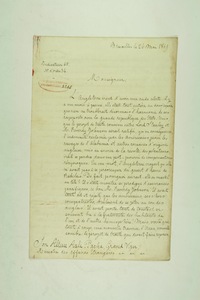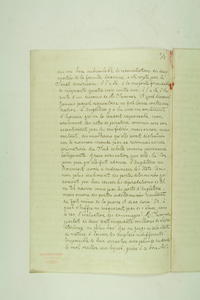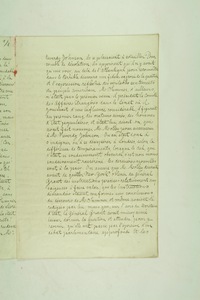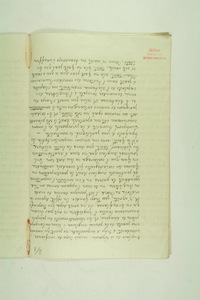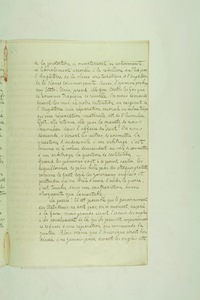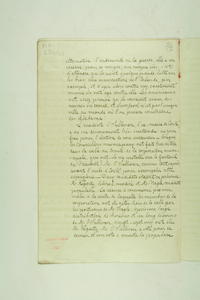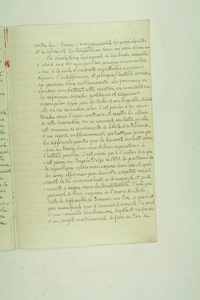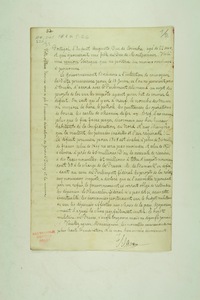Ottoman Diplomats
Letters from the Imperial Legation in Brussels (1849–1914)
Synopsis
The Treaty that should have reconciled Britain and the United States over the Alabama Affair was not agreed upon. Britain should indemnify the United States. Glavany describes the American demands and shows his support for the British and the good Beverdy-Johnson. He considers the words of the British press to be dangerous, however, possibly making the situation even worse, since they denied Britains support to the South, or attached too much importance to it. The U.S. did not seem ready for war. Yet, it would be wrong to think that Britain could escape from having to pay. Although the U.S. would never force Britain to choose between indemnifications and war, they had another alternative. The U.S. could wait for a conflict (for example a revolt from Ireland) to turn against them. Glavany continues his report by mentioning an incident with the ex-mayor of Cork, O’Sullivan, and by describing the consequences of the September revolution in Spain. Enthusiasm had turned into hostility. London newspapers tried to fight these reactions, by stressing the positive achievements of the Spanish parliament. Indeed, Glavany acknowledges that the Spanish Assembly expressed sentiments of tolerance, liberty and patriotism, of which he approves. He compares this with the Belgian National Congress of 1830: those in favour of a republic accepted the monarchist Constitution. In Spain, there was however another difficulty: finding a King. Glavany ends his report by describing the German and Austrian deficit problems and the solution (new taxes), suggested by Bismarck.
Facsimiles
How to cite
If you use this website for your own research, we kindly ask you to mention the following reference in your publications:
Consulted online at Ottoman Diplomats: Letters From the Imperial Legation in Brussels (1849–1914) (2014 Edition), Centre for Political History (PoHis), University of Antwerp, <http://dighum.uantwerpen.be/ottomandiplomats/>.
